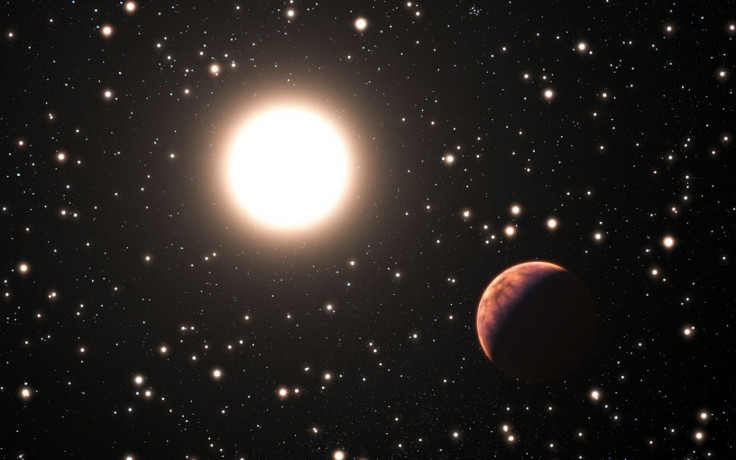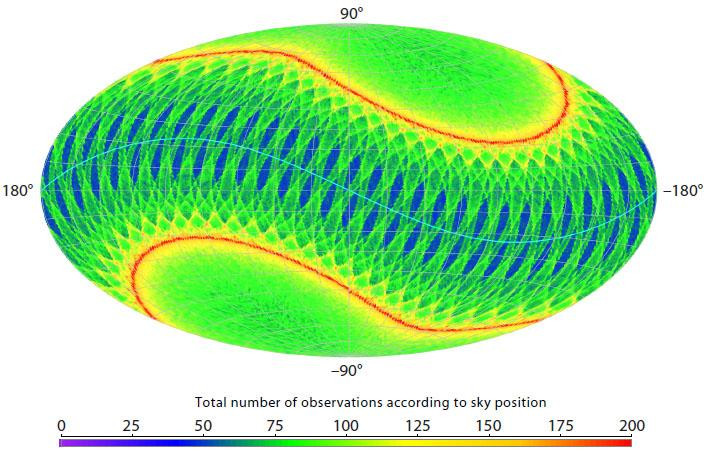Gaia Satellite 'to Detect 70,000 Alien Planets in Milky Way over Next 10 Years'

An estimated 70,000 exoplanets and one billion objects will be discovered over the next 10 years through a newly launched satellite.
The European Space Agency's Gaia satellite was launched in December last year and scientists from Princeton University and Lund University in Sweden have calculated how many planets it could detect during its five year mission.
They say up to 21,000 alien planets will be found over the next five years, increasing to 70,000 if the mission is extended to a decade.
Published in the Astrophysical Journal, researchers believe the mission will vastly increase our understanding of the Milky Way in terms of the variety and distribution of our galaxy.
First author Michael Perryman said: "It's not just about the numbers. Each of these planets will be conveying some very specific details, and many will be highly interesting in their own way. If you look at the planets that have been discovered until now, they occupy very specific regions of discovery space. Gaia will not only discover a whole list of planets, but in an area that has not been thoroughly explored so far."

Researchers say the satellite could reveal planets considered rare or difficult to find, including an estimated 25 to 50 Jupiter-sized planets orbiting red dwarf stars.
Perryman said the census will help scientists to establish how many planetary systems exist, properties of the planets and how they are positioned in the Milky Way.
The first ever exoplanet to be discovered was found in 1995 and since then astronomers have detected almost 1,900. Over the next five years, Gaia will capture the motion and physical characteristics of exoplanets, as well as their distance from Earth and one another. Exoplanets will be determined by how their star "wobbles" because of the planet's orbit around it.
"Our assessment will help prepare exoplanet researchers for what to expect from Gaia," Perryman said. "We're going to be adding potentially 20,000 new planets in a completely new area of discovery space. It's anyone's guess how the field will develop as a result."
© Copyright IBTimes 2025. All rights reserved.






















